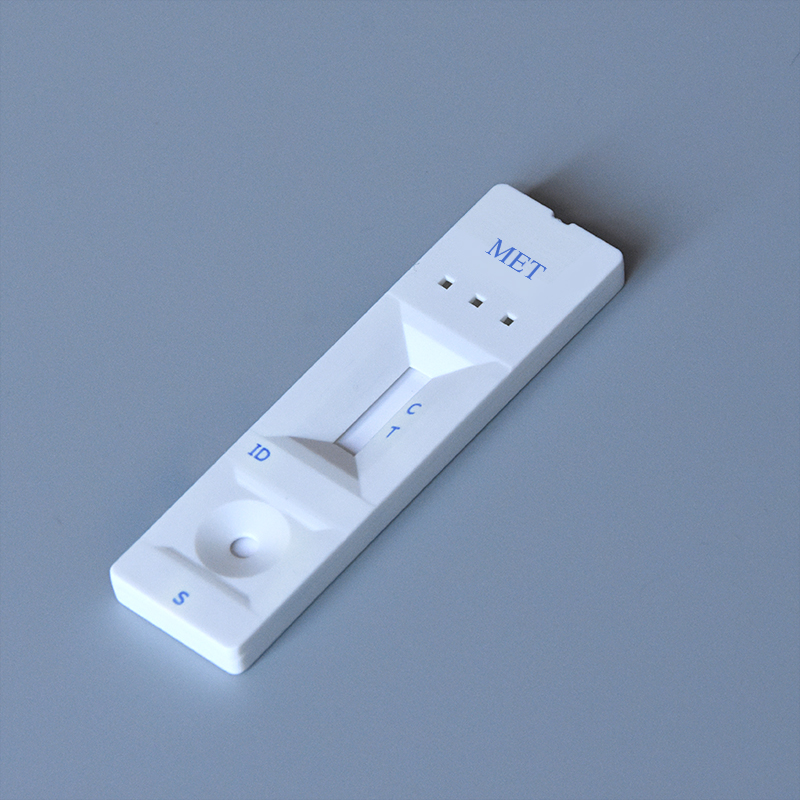Nov . 04, 2024 20:29 Back to list
typhoid test kit supplier
Understanding Typhoid Test Kit Suppliers A Critical Component in Public Health
As global health concerns continue to rise, especially in developing nations, the significance of efficient diagnostic tools cannot be overstated. Among these, typhoid fever remains a critical issue, leading to a pressing demand for reliable typhoid test kits. Typhoid fever, caused by the bacterium Salmonella Typhi, is primarily spread through contaminated food and water. Consequently, the ability to quickly and accurately diagnose this disease is crucial in controlling outbreaks and ensuring public health safety.
Why Typhoid Test Kits Are Essential
Typhoid fever affects millions of people worldwide each year, particularly in areas with inadequate sanitation and limited access to clean drinking water. Symptoms can range from high fever to abdominal pain, and without prompt treatment, it can lead to serious complications, including death. Early diagnosis is key to effective treatment, which makes the role of typhoid test kits indispensable.
There are various types of typhoid test kits available on the market, including serological tests, blood culture methods, and rapid diagnostic tests (RDTs). Each type has its own merits, making them suitable for different settings. For instance, RDTs provide quick results, which can be vital in remote areas that lack laboratory facilities. Understanding the different types of test kits available and their appropriate applications is essential for healthcare providers.
The Role of Suppliers in Public Health
Typhoid test kit suppliers play a crucial role in the healthcare ecosystem. They are responsible for ensuring that quality test kits are available to healthcare facilities, particularly in regions where typhoid fever is endemic. A reliable supplier must adhere to strict regulatory standards to guarantee the accuracy and reliability of the test kits provided.
typhoid test kit supplier

When selecting a supplier, healthcare facilities should consider several factors, including the supplier's reputation, the quality of their products, and their commitment to customer service. Moreover, suppliers should engage in continuous improvement, investing in R&D to enhance their product offerings. This adaptability is vital as new strains of Salmonella Typhi evolve and as the global health landscape changes.
Challenges Faced by Suppliers
Despite the increasing demand for typhoid test kits, suppliers face several challenges. One of the significant issues is the prevalence of counterfeit or substandard products in the market, which can compromise diagnosis and treatment. To combat this, reputable suppliers must implement robust quality control measures and build strong relationships with regulatory bodies to ensure compliance with international standards.
Additionally, the fluctuating market demand due to varying outbreak scenarios can make inventory management a challenge for suppliers. Strategic planning and collaboration with healthcare providers can help mitigate these issues, ensuring that test kits are available when and where they are needed most.
The Future of Typhoid Testing and Suppliers
As technology continues to advance, the future of typhoid fever diagnosis looks promising. Innovations in diagnostic technology, such as real-time polymerase chain reaction (RT-PCR) and smartphone-based tests, are being developed, which could revolutionize the way typhoid is diagnosed and managed. Suppliers need to stay ahead of these trends and adapt their product lines accordingly.
In conclusion, typhoid test kit suppliers are a pivotal part of the public health response to typhoid fever. Their role extends beyond mere distribution; they are partners in the fight against this preventable disease. By prioritizing quality, innovation, and strong regulatory compliance, suppliers can significantly contribute to reducing the incidence of typhoid fever worldwide, ultimately saving lives and enhancing community health outcomes.
-
Dengue NS1 Rapid Diagnostic Test Kit
NewsMar.07,2025
-
Dengue NS1 Rapid Diagnostic Test Kit
NewsMar.07,2025
-
Dengue NS1 Rapid Diagnostic Test Kit
NewsMar.07,2025
-
Transferrin Rapid Test Cassette Tumor Marker TF Card
NewsMar.07,2025
-
Malaria Pf Pan Rapid Diagnostic Test Kit
NewsMar.07,2025
-
malaria pf / pan ag rapid test
NewsMar.07,2025

